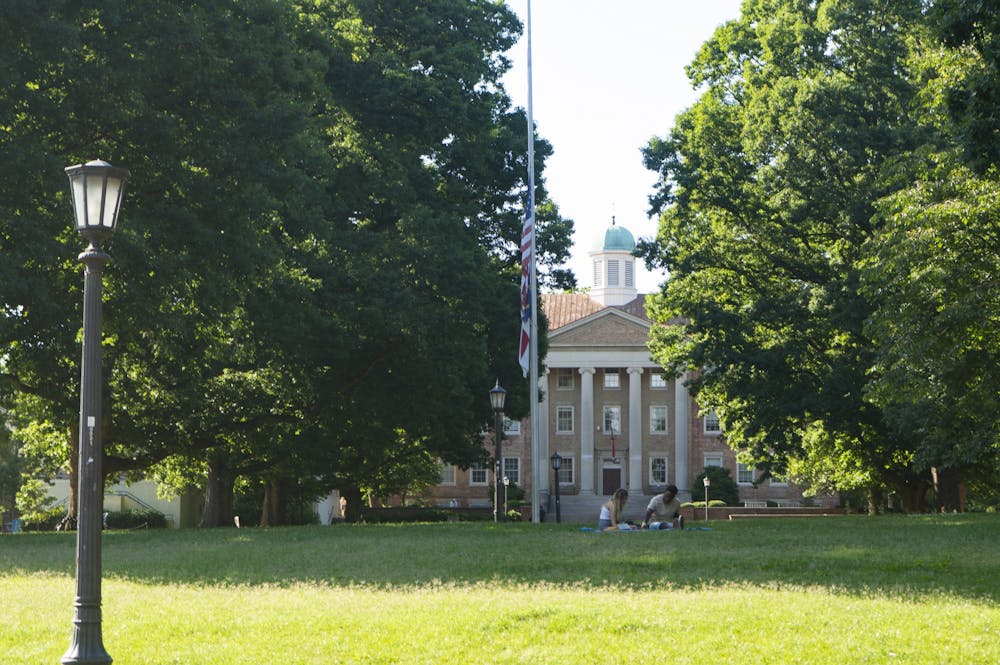The University has yet to release sexual assault records as ordered two months ago in a North Carolina Supreme Court ruling.
The state supreme court ruled in a 4-3 decision in May that UNC would be required to release the disciplinary records for individuals found responsible of committing rape, sexual assault or other acts of sexual misconduct. The decision came nearly four years after The Daily Tar Heel and three other media companies first filed the lawsuit against the University, arguing that UNC’s refusal to release such records was a violation of North Carolina’s Public Records Act.
In a June 15 email, Special Deputy Attorney General Stephanie Brennan informed Hugh Stevens, who represents the media corporations in the lawsuit, that the University expected to release 11 responsive records by June 30, absent court intervention.
Separately, two students who were found responsible for violating UNC’s sexual harassment policy filed a motion to intervene on June 23 and seek the court’s permission to use gender neutral pseudonyms, as they believed disclosing their identities “will cause them immediate and irreversible reputational and economic harms.”
In response to an inquiry by Stevens about the release of the 11 records, Brennan said that production would not occur on June 30 because of developments that required resolving “a handful of issues.” She said that in addition to the plaintiffs not agreeing upon the scope of the records being produced, the University believes the court must hear the intervening motion filed by the students.
“We agreed to cooperate with you to have that happen as soon as possible and we have taken appropriate steps to inform the court of our availability and the need for a status conference,” she wrote.
Stevens said that he believes there is no justification in delaying the production of the records, and that he is reviewing legal options regarding the release of the records in compliance with the court’s order. He also said the May 1 decision did not include a requirement that the scope of the records would be agreed upon.
“In the almost four years that our litigation was pending I came to understand how desperately the University wanted to avoid producing records identifying the perpetrators of egregious sexual misconduct, but I never thought that desperation would lead it to renege on a written commitment to comply with an order of the Supreme Court of North Carolina,” Stevens wrote.
The plaintiffs’ opposition to the motion also said that they believe the court should not entertain the motion, stating that the court lacks the jurisdiction to do so and called the motion to intervene “untimely.”




